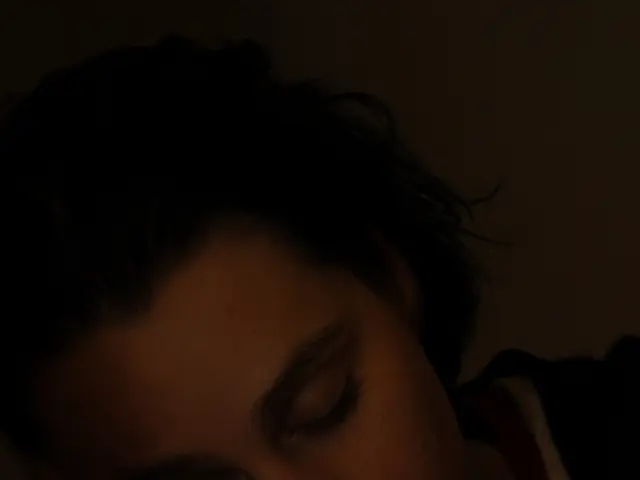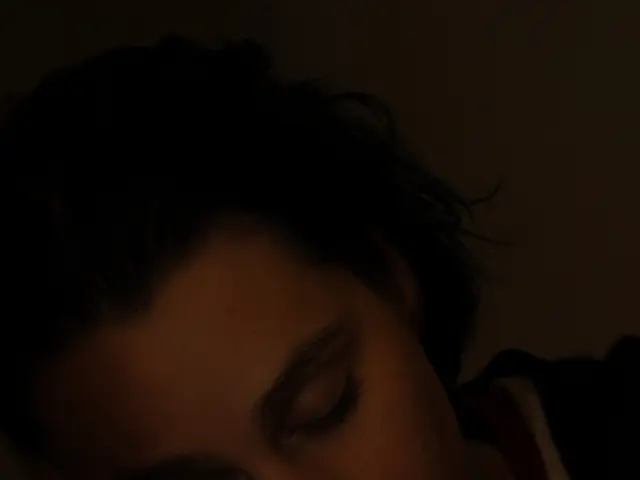Brain's Frontal Lobes Disrupted by COVID-19: Electrical Activity Affected
COVID-19 has been linked to various neurological symptoms, such as headaches, confusion, and seizures. Around 15-25% of patients with severe COVID-19 might exhibit these symptoms, leading doctors to order EEG tests to monitor the electrical activity of the brain.
Researchers from Baylor College of Medicine and the University of Pittsburgh analyzed EEG results from 617 patients, reported in 84 studies. The study found that the frontal lobes of the brain displayed the most abnormalities, with about a third of patients showing affected frontal lobes.
Dr. Zulfi Haneef, an assistant professor of neurology/neurophysiology at Baylor, stated, "Since the most likely entry point for the virus is the nose, it seems there's a connection between the part of the brain located directly next to that entry point." He suggested that EEG tests should be performed on a wider range of patients, along with MRI or CT scans, to get a closer look at the frontal lobe.
However, the researchers noted that not all EEG abnormalities may be directly caused by the virus. Systemic effects of infection, including inflammation, low oxygen levels, sticky blood, and cardiac arrest, might contribute to the abnormalities in brain regions beyond the frontal lobes.
Some individuals who have recovered from COVID-19 have reported ongoing health problems, now called "long COVID." Brain fog is one of these ongoing issues, which a recent study suggests may have aged people cognitively by around a decade. The study, however, does not definitively prove that the infection caused long-term cognitive decline.
Dr. Haneef added, "These findings tell us that there might be long-term issues, which is something we have suspected, and now we're finding more evidence to back that up." On the positive side, about 56.8% of patients with follow-up EEG tests showed improvements.
The research had several limitations, such as lack of access to raw data from individual studies, omitted normal EEGs, and the potential skewing of results due to performing more EEGs on patients with neurological symptoms. Additionally, doctors might have administered anti-seizure medications to patients suspected of having seizures, potentially obscuring signs in their EEG traces.
- The coronavirus, also known as COVID-19, has been linked to epilepsy seizures and other neurological disorders, according to research.
- Researchers studying the electrical activity of the brain (EEG) have found that COVID-19 can cause abnormalities in the frontal lobes of the brain, with about a third of patients showing affected frontal lobes.
- Despite the potential link, it's not clear if all EEG abnormalities are directly caused by COVID-19, as systemic effects of infection might contribute to abnormalities in other brain regions as well.
- Beyond neurological symptoms, people who have recovered from COVID-19 may experience ongoing health issues, such as brain fog, which a recent study suggests may have aged individuals cognitively by around a decade.
- In a promising sign, about 56.8% of patients with follow-up EEG tests showed improvements, indicating potential recovery from these neurological abnormalities.
- CBD, a compound found in cannabis plants, has been suggested by some as a potential treatment for COVID-19-related neurological disorders, given its anti-inflammatory and neuroprotective properties, although more research is needed to confirm its efficacy.








